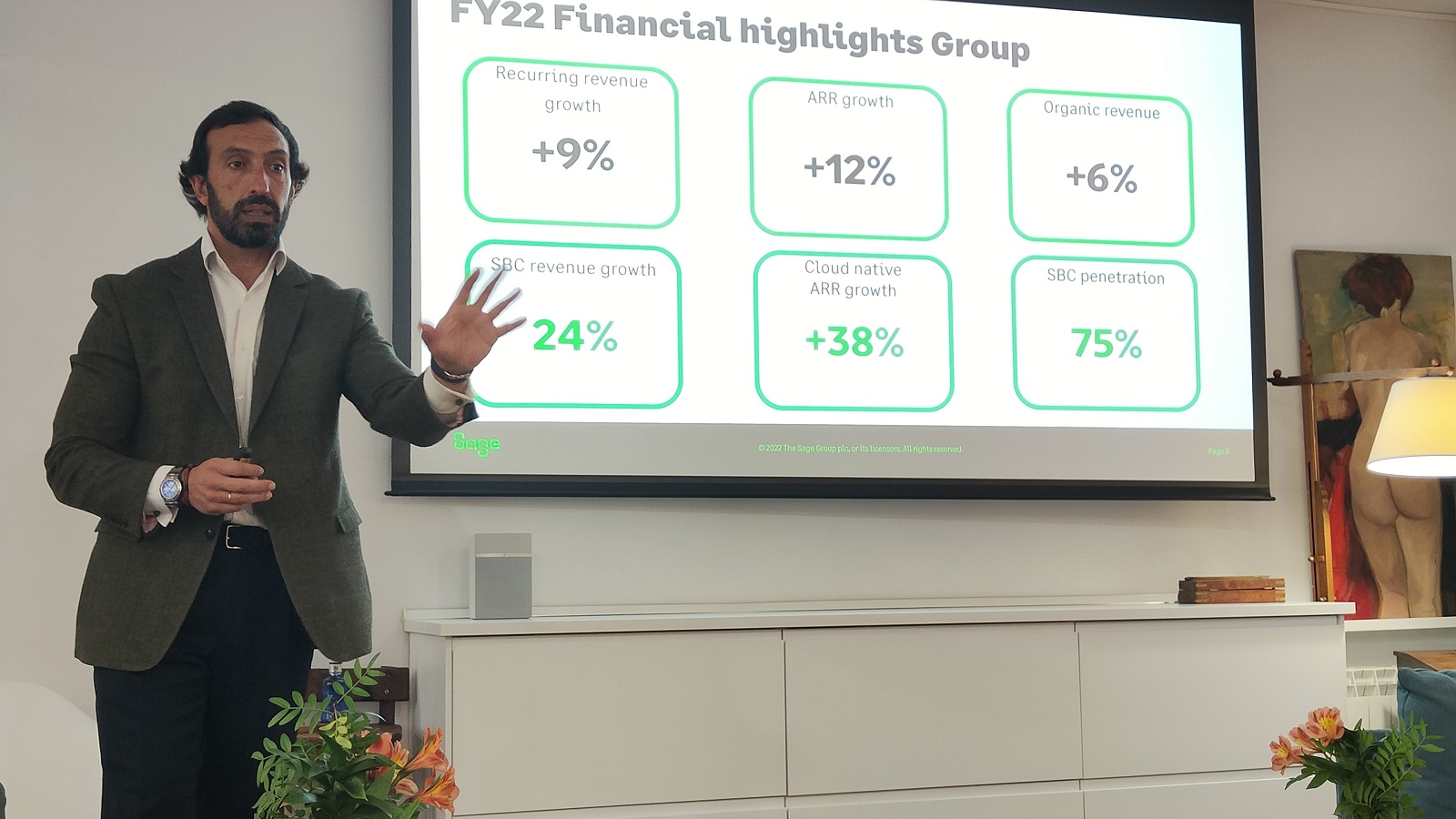
Since the end of 2021, all those companies with more than 250 employees must present a report –EINF– that exposes its environmental impact and its contribution to the Sustainable Development Goals (SDGs). The directive that will soon enter into force expands the number and type of companies that must report non-financial information, so that some companies with 250 employees must report.
In Spain, 98% of all companies and 70% of the workforce is made up of small and medium-sized enterprises (SMEs), which are left out of the obligation to present said report as of today but, according to the trend in recent years of European legislation, they may soon have to. For these companies, developing a report that clarifies to what extent their actions actively contribute to the achievement of the SDGs can bring multiple benefits.
For this reason, the COPADE Foundation has launched the project “Non-Financial Report for SMEs as an instrument to promote sustainable development”. This project will make it possible to achieve a real and measurable impact on sustainable development and frame business practices within the framework of the 2030 Agenda. In addition, it will provide companies with a report on their social footprint, contribution to the SDGs and a non-financial report that will allow companies to companies:
- Having greater possibilities when it comes to getting contracts with public sector entities or even with large companies or corporations in Spain and third countries. In this sense, social and environmental criteria are key and differentiating elements when choosing companies for tenders. The ‘Non-Financial Report’ functions as a certification that endorses sustainable business practices.
- This report is an ideal vehicle to position themselves as more competitive companies while differentiating their product and corporate philosophy, establishing themselves as companies that are committed to sustainable development and to strive to combat climate change through more intelligent management of their resources.
- It gives companies a much more focused vision of what they do and where they are going, which leads to a tacit improvement in communication.
- In addition, when a company is attentive to changes in the environment and has the ability to face them, the chances of achieving success increase.
- Having reports and analysis on the company means being able to improve decision-making and therefore be able to increase the productivity and performance of each of the members, in addition to acquiring the ability to respond to the needs of a more global and competitive market.
- On the other hand, having a non-financial analysis is essential to make key decisions about the future of the company, reducing possible errors or unforeseen events that may arise.
Pilot project
For the development of this project, work will be done with 50 SMEs from different parts of the national territory and with different business organizations to promote the inclusion of the 2030 Agenda among the corporate practices of these companies. In order to obtain the non-financial report, different activities will be developed that lead small and medium-sized companies to measure the impact of their activity and allow them to take the appropriate measures to move towards a more sustainable future. Some of these are:
- Initial measurement of the Social Footprint using an own standardized tool.
- Identification of problems and needs based on which to build improvements. Personalized accompaniments and tutorials will also be carried out in this phase. At this point, a fully quantitative and verifiable x-ray of the degree of sustainability will be obtained.
- Once the solutions to the problems that were initially detected have been implemented, a second Social Footprint measurement will be developed that will show to what extent the improvements contribute to the SDGs. After this measurement, companies will be provided with a Non-Financial Report.
- In addition, the COPADE Foundation will grant a Seal as public recognition of the entity’s commitment to its Social Footprint and its contribution to the achievement of the SDGs to SMEs that meet all the certification requirements. Obtaining the seal shows the commitment of the entities with sustainability in its three aspects: social, economic and environmental.
- Once this process has been completed, the process and the improvement obtained will be disseminated among the business community and Spanish citizens, to value the initiative, and ensure that Public Administrations and large companies are aware of it and, in addition, serve as an incentive to others.
The initiative will be carried out throughout the year of 2023 and 50 companies will be selected from various sectors of activity (industry, services, agri-food, etc.), from five different autonomous communities: Madrid, Andalusia, the Valencian Community, La Rioja and Asturias. The workshops will begin in May in Córdoba. SMEs interested in participating must register through this link, fill in and submit all the necessary information.
This project is promoted by the COPADE Foundation, with financial support from the Ministry of Social Affairs and Agenda 2030 and the collaboration of Selezziona Consulting, and it intends that the 50 selected SMEs can transform their business practices towards a greener and more sustainable future. The entities that have participated in the project will be able to present their examples of good practices and tell about the experience of the process. At the same time, this will serve as a model for other future companies to also form an active part of the change.



